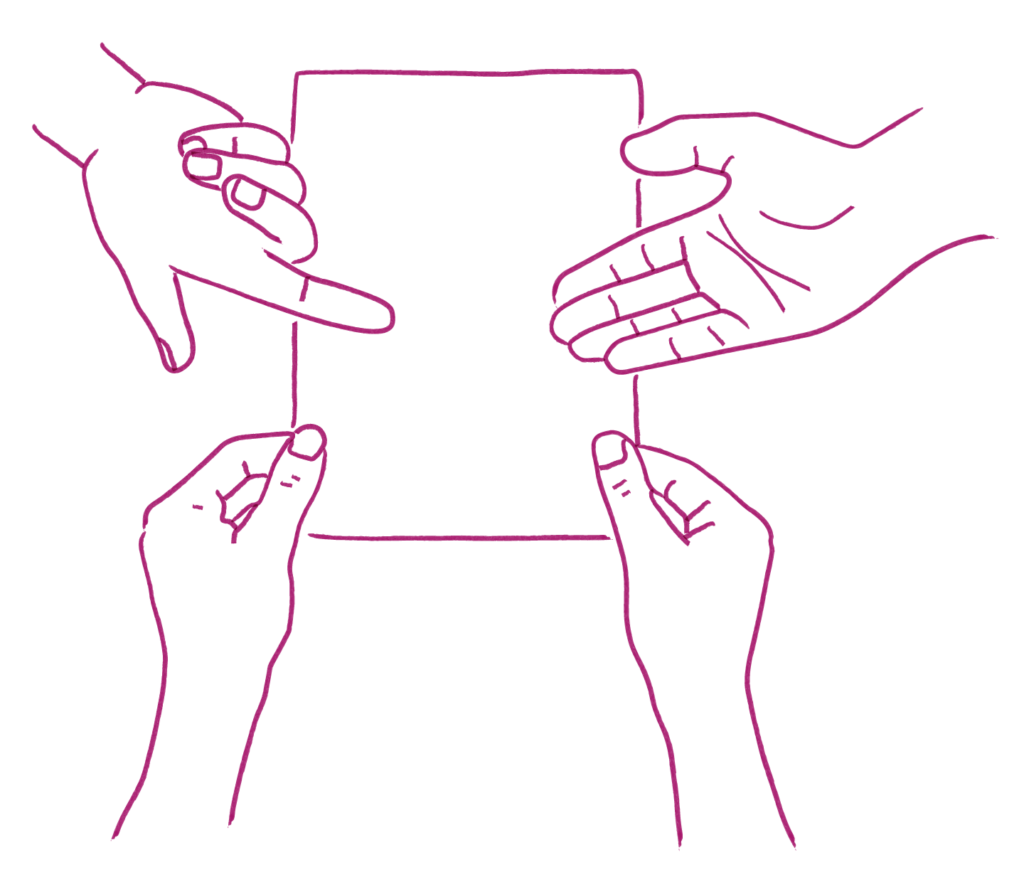Child Care Policy

The motivation for our research was the erroneous idea that care is seen as both separate from and less important than education at both the practice and policy level.
While education for older children has long been considered a public good, ECE is understood as a private (gendered) responsibility. Starting at age 4 or 5, all children in Canada have access to public school, yet 97% of childcare services operate as a private, market service. When childcare services are supported by governments (typically provincial governments through parent fee subsidies), it’s considered a welfare service.
If the care of young children is to be taken seriously by all levels of government, we need to be able to explain the complexities of ethical care and articulate how this care is a public responsibility.

Repositioning Care

// Care is complex //
Currently, the concept of care within ECE policies is narrow. Care is about taking care of the child physically, attending to the safety and protection of bodies.
Educational policy, on the other hand, is mostly about minds. The false separation of mind and body makes care appear simpler and education more complex. Providing care is seen as “natural” and/or an instrumental reaction – rather than a process also requiring emotions, reason, reflection and action.
Caregivers, as a result, are valued less than educators. Highly qualified (and better-paid) “teachers” look after the mind, while lower-qualified “workers” (earning lower wages) look after the body.
We need to shift the perception that care is less important or complex than education. We need to expand the concept of care to include children’s bodies, feelings, ideas, goals, needs, concerns and desires. Care needs to be seen as an ethic requiring complex decision-making at the policy and practice levels.
Joan Tronto (2013) describes care as involving caring about, caring for, care-giving, care- receiving and caring about, requiring consistent democratic commitments to justice, equality and freedom for all.
Care is Universal
In our individualistic society, being dependent on others is seen as a problem, while having people dependent on you is perceived as a burden.
A child’s need for care is seen as temporary – they are expected to outgrow their need for care and become independent, self-sufficient and self-regulating adults.
This view of care ignores the fact that no one is truly independent – we all have dependencies. Instead of championing individualism, feminist ethics of care frames people as inherently relational and interdependent. Care is foundational to supporting the flourishing and well-being of all interconnected living things.
Care is not Inherently Good
Care is not inherently good. Care, and therefore education, may or may not be caring. An early childhood policy can establish staff-child ratios for children’s safety, but if educators do not have sufficient time to engage meaningfully and care-fully with all children, then the policy is not caring. Governments, through ECE policy, have a responsibility to ensure that good care is experienced all the time by children and ECE professionals.
To do this, ECE policy should communicate a deeper understanding of care, one that takes the perspectives, goals, and needs of children, educators and families seriously, and encourages interdependency.

Includes an ethics of care as an integral part of a vision of ECE policy

Celebrates a young child’s dependency on others as preparation for a lifetime of interdependency

Recognizes the complex caring work of early childhood educators

Appreciates what is structurally necessary for care to be good

